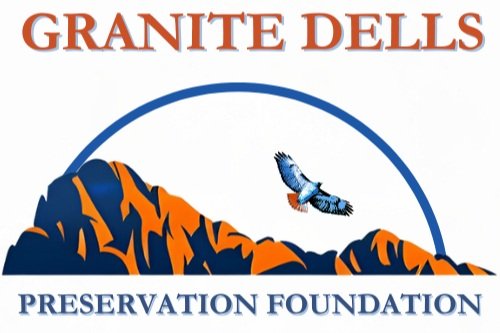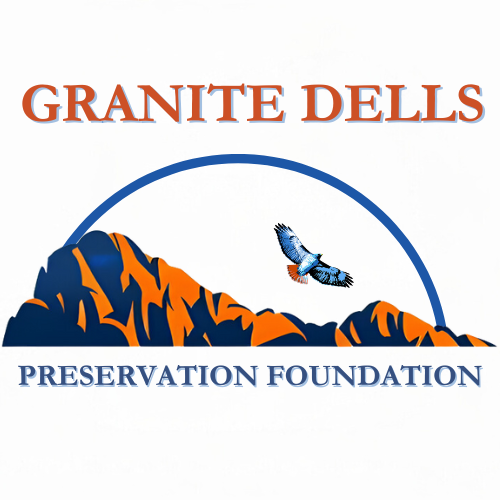Impacts of Open Space on Community Mental Health
edited by Chuck Budinger
From “The impacts of nature experience on human cognitive function and mental health,” by Gregory N. Bratman, J. Paul Hamilton, and Gretchen C. Daily. 2011 Published in the ANNALS OF THE NEW YORK ACADEMY OF SCIENCES Issue: The Year in Ecology and Conservation Biology.
(Italics are the editor’s comments)
In the face of intensifying human impacts on the natural environment, most visible in the form of land conversion, urban sprawl, and pollution of air and water, researchers have begun to document the importance of nature for mental health functions.
This discourse extends well beyond “wilderness.” In their work on the history of healing gardens in hospital settings, researchers traced the incorporation of restorative gardens and natural areas in infirmaries back to the Middle Ages, referring to the nearly thousand-year old writings of St. Bernard that support the healing effects of these natural spaces. The benefits of natural areas are viewed now to span physiological and mental aspects of well-being.
The reasons for this may vary from a display of power and control (collaboration?) over nature (as in the gardens of Versailles) to a sense of peace and enlightenment that these landscapes create in the mind of the landowner. Many cultures with strong traditional ties to their surrounding natural environs have found themselves under the assault of modernization, development, and environmental degradation, which have been tied conclusively to an increase in feelings of isolation and depression within these communities. As we move into cities and indoors at an unprecedented rate, we are faced with a rapid disconnection from the natural world, and this opens a suite of critical questions about repercussions for psychological well-being.
As human beings, we have an innate love for the natural world, universally felt by all, and resulting at least in part from our genetic make-up and evolutionary history.
What happens to our cognitive abilities, emotional states, and mental health if we are deprived of experience in nature? Does the human psyche suffer in a measurable way across cultures, ages, and genders? If so, and if an increasing proportion of the global human population is experiencing the impacts of a withdrawal from nature, it may be helpful to define and investigate a new type of ecosystem service. This service would encapsulate the ways in which nature benefits our minds and physical well-being; thus, we might call it a psychological ecosystem service.
If psychological benefits from nature experience exist, they must come from the interaction between the individual and the environment—that is, they come as a result of our biology and cognitive processes within the context of a place, landscape, or seascape. Thus, the service takes place within the mind and body of a person as he or she experiences an environment.
The overwhelming evolutionary experience of human beings as a species involves natural environments, and we are therefore predisposed to resonate with these surroundings, consciously or not. We consequently come away from them with an increase in our positive affect and decrease in our negative feelings or stress—particularly when we have interacted with those environments that were favorable for our survival as a species. (Grasslands as an example.)
An individual’s opinions (sensations) about nature may impact the way in which natural environments ultimately impact his or her mood and cognitive function. Exploration of this concept typically involves a measurement of “connection to nature” and draws on theory from social psychology that the sense of belonging to something greater than oneself, and a resultant decrease in negative rumination, has an effect on feelings of well-being.
Based on studies conducted on residents of 12 Chicago high-rise apartments at various distances from natural spaces, it (nature experience) has been shown to act as a mediating factor for lower levels of aggression and violence, as well as higher levels of scholastic and career success.
Other researchers formulated a theory that examines the ways in which exposure to nature can have a restorative effect on the brain’s ability to focus. These researchers contend that a replenishment of our direct attentional capacities is the primary mechanism underlying effects of exposure to nature.
From the Environmental Design Research Association (EDRA),”Open Space and Mental Health,” Catharine Ward Thompson (2011), a national representative survey found that Danes living more than one kilometre away from the nearest green space report poorer health and health-related quality of life than respondents living closer. Furthermore, the results show that the longer the distance is from the respondents’ home to the nearest green space, the more stressed they are.
More recent work confirms these results, showing decreases in self-reported stress and increases in positive mood after prolonged experience in wilderness areas.
Conclusion
Therefore, Ecological Services derived from open or natural spaces provide the community with benefits as tangible and profound as other community services such as Public Works, Libraries, Schools, Roads, or Mental Health Facilities. A wide range of studies by numerous researchers have shown that Open space or Ecosystem Services directly foster or influence reduced stress; better moods; higher cognitive abilities; improved health and outlook (esteem); reduced level of violence/aggression in the community; negative rumination as a cause for well-being; and, an effect on the brain’s ability to focus.
It is no wonder that modern environmental economics addresses the ways in which people are willing to pay for access to natural landscapes, using travel cost methods, contingent valuation, and hedonic studies of property values that embody a preference for nature in higher prices for places nearer to it.
The Market Place already recognizes the notion that ecological preservation is worth the money. Local governments need to get on board and start the process of identifying those ecological services the Region needs.

